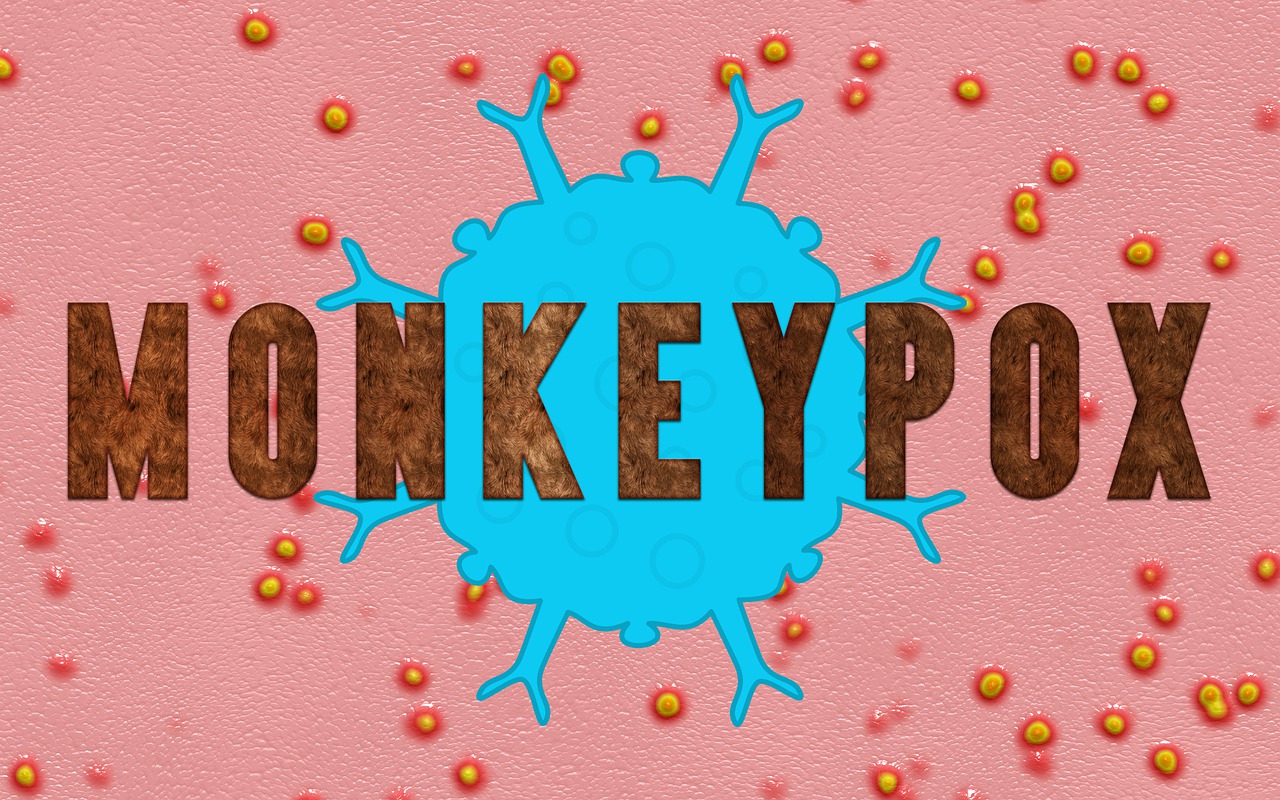Monkeypox Treatment: What You Need to Know – Monkeypox, a rare viral disease, has been a cause for concern in recent years. While it shares similarities with smallpox, monkeypox tends to be less severe. Nevertheless, understanding its treatment is crucial for anyone affected by this illness. In this comprehensive guide, we’ll explore various aspects of monkeypox treatment, from initial symptoms to recovery. So, let’s dive into the world of monkeypox and its management.
Monkeypox Treatment: What You Need to Know
Introduction to Monkeypox
Monkeypox is a rare viral disease that belongs to the same family as smallpox. It was first discovered in 1958 when outbreaks occurred in monkeys kept for research. The disease can be transmitted to humans through close contact with infected animals or humans. While monkeypox is less deadly than smallpox, it still requires prompt medical attention and care.
Recognizing Monkeypox Symptoms
The initial symptoms of monkeypox are similar to those of many other diseases, making early diagnosis challenging. However, common symptoms include fever, headache, muscle aches, and fatigue. Within a few days, a rash typically develops, often starting on the face and then spreading to other parts of the body.
Seeking Immediate Medical Attention
If you suspect you have monkeypox or have been in contact with someone who has it, seek medical help immediately. Early detection and isolation are crucial to preventing the spread of the virus.
Diagnostic Procedures
Diagnosing monkeypox requires specialized laboratory tests. These tests confirm the presence of the virus and help differentiate it from other similar illnesses.
Isolation and Quarantine
Individuals diagnosed with monkeypox must be isolated to prevent further transmission. Close contacts may also be quarantined to monitor for symptoms.
Treatment Approaches
Supportive Care
There is no specific antiviral treatment for monkeypox. However, supportive care can help manage symptoms. This includes staying hydrated, resting, and managing pain and fever.
Antiviral Medications
In some cases, healthcare providers may use antiviral medications to treat severe monkeypox cases or those with complications. These medications can help reduce the severity and duration of the illness.
Vaccination
Research into monkeypox vaccines is ongoing. Smallpox vaccination may provide some protection against monkeypox, but it is not routinely recommended.
Pain and Fever Management
Over-the-counter pain relievers and fever reducers can help alleviate discomfort. However, always consult with a healthcare professional before taking any medication.
Preventing Secondary Infections
Proper wound care and hygiene are essential to prevent secondary bacterial infections, especially if the rash forms open sores.
Monitoring and Hospital Stay
Patients with severe monkeypox may require hospitalization for close monitoring and intensive care.
Recovery Process
Recovery from monkeypox can be slow, and it may take several weeks for symptoms to fully resolve. Rest and a healthy diet are essential during this period.
Mental Health Support
Dealing with a rare and potentially severe illness like monkeypox can be emotionally challenging. Seek mental health support if needed.
Preventing Monkeypox
The best way to prevent monkeypox is to avoid contact with animals that could carry the virus. Practicing good hygiene and promoting vaccination efforts are also essential preventive measures.
Conclusion
Monkeypox, though rare, is a serious viral disease that requires prompt medical attention. Early detection, isolation, and supportive care are key to a successful recovery. Additionally, prevention through vaccination and good hygiene practices is crucial in controlling the spread of the virus.
Frequently Asked Questions (FAQs)
Q1. Can monkeypox be fatal?
A1. Monkeypox can be fatal, but the mortality rate is lower than that of smallpox.
Q2. Is there a monkeypox vaccine?
A2. There is no specific monkeypox vaccine, but smallpox vaccination may offer some protection.
Q3. How is monkeypox transmitted?
A3. Monkeypox is primarily transmitted through close contact with infected animals or humans.
Q4. Is there a cure for monkeypox?
A4. There is no specific cure, but supportive care and antiviral medications can help manage the illness.
Q5. Can monkeypox be prevented?
A5. Monkeypox can be prevented by avoiding contact with infected animals and practicing good hygiene.




